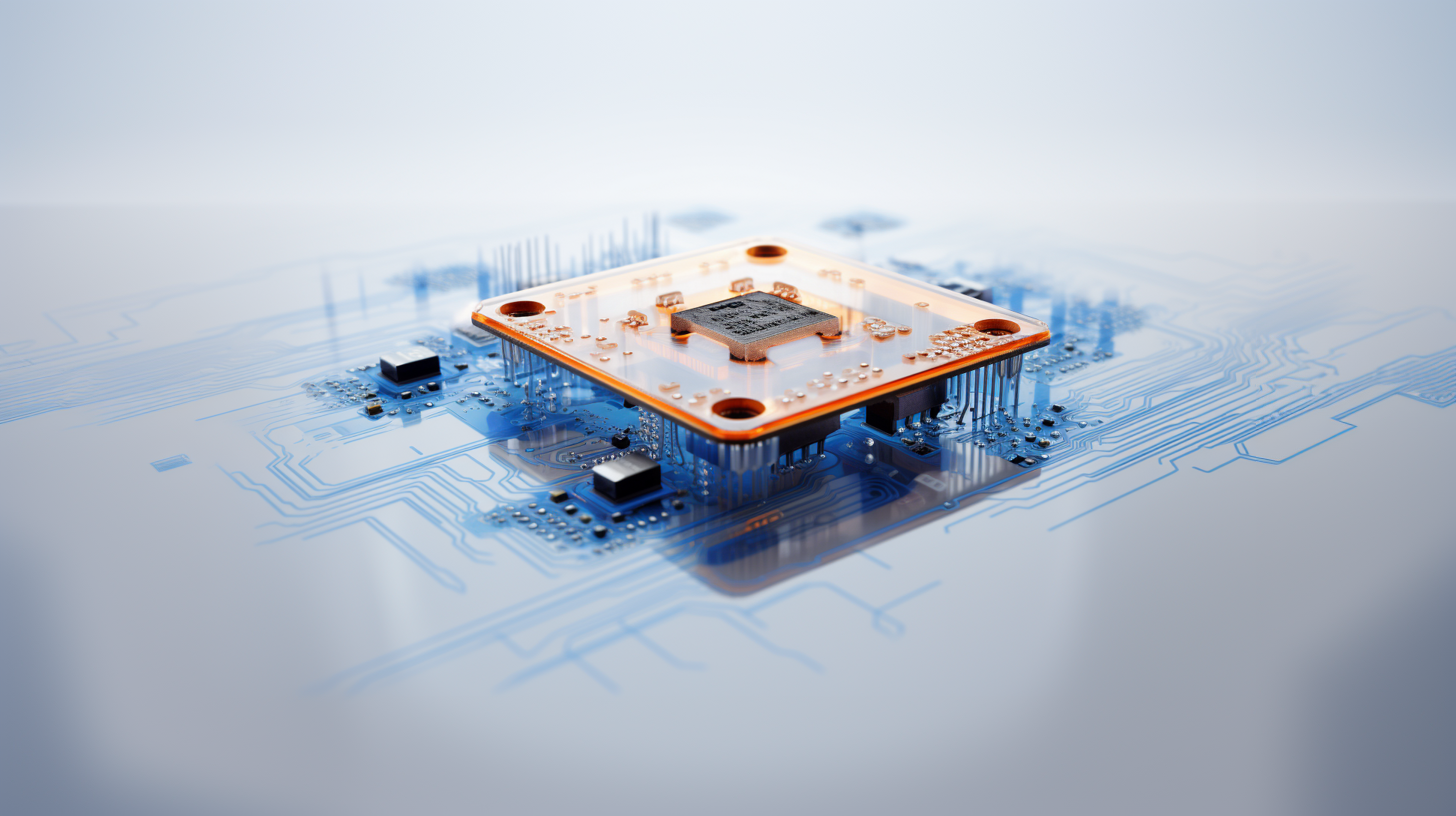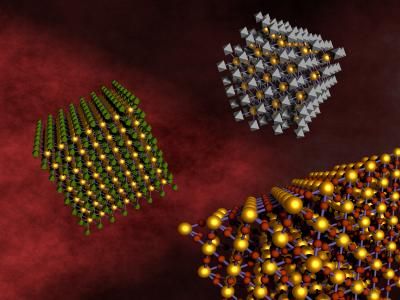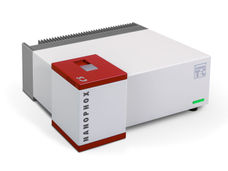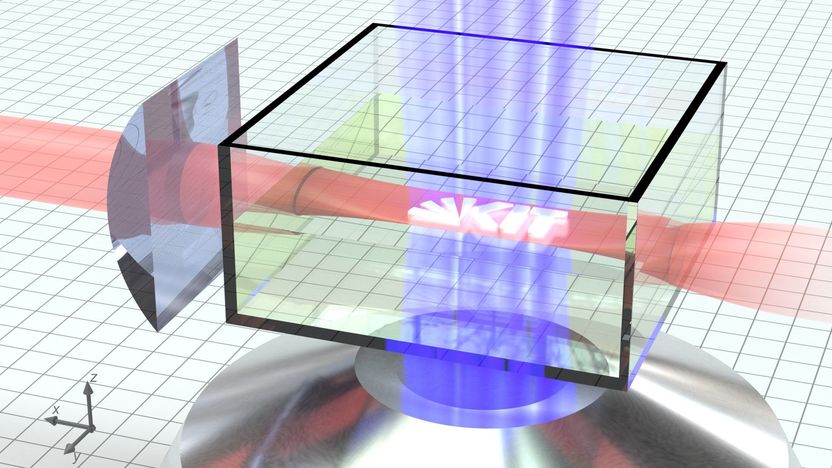Nanoneedle is small in size, but huge in applications
Researchers at the University of Illinois have developed a membrane-penetrating nanoneedle for the targeted delivery of one or more molecules into the cytoplasm or the nucleus of living cells. In addition to ferrying tiny amounts of cargo, the nanoneedle can also be used as an electrochemical probe and as an optical biosensor.
"Nanoneedle-based delivery is a powerful new tool for studying biological processes and biophysical properties at the molecular level inside living cells," said Min-Feng Yu, a professor of mechanical science and engineering and corresponding author of a paper accepted for publication in Nano Letters.
In the paper, Yu and collaborators describe how they deliver, detect and track individual fluorescent quantum dots in a cell's cytoplasm and nucleus. The quantum dots can be used for studying molecular mechanics and physical properties inside cells.
To create a nanoneedle, the researchers begin with a rigid but resilient boron-nitride nanotube. The nanotube is then attached to one end of a glass pipette for easy handling, and coated with a thin layer of gold. Molecular cargo is then attached to the gold surface via "linker" molecules. When placed in a cell's cytoplasm or nucleus, the bonds with the linker molecules break, freeing the cargo.
With a diameter of approximately 50 nanometers, the nanoneedle introduces minimal intrusiveness in penetrating cell membranes and accessing the interiors of live cells.
The delivery process can be precisely controlled, monitored and recorded – goals that have not been achieved in prior studies.
"The nanoneedle provides a mechanism by which we can quantitatively examine biological processes occurring within a cell's nucleus or cytoplasm," said Yang Xiang, a professor of molecular and integrative physiology and a co-author of the paper. "By studying how individual proteins and molecules of DNA or RNA mobilize, we can better understand how the system functions as a whole."
The ability to deliver a small number of molecules or nanoparticles into living cells with spatial and temporal precision may make feasible numerous new strategies for biological studies at the single-molecule level, which would otherwise be technically challenging or even impossible, the researchers report.
"Combined with molecular targeting strategies using quantum dots and magnetic nanoparticles as molecular probes, the nanoneedle delivery method can potentially enable the simultaneous observation and manipulation of individual molecules," said Ning Wang, a professor of mechanical science and engineering and a co-author of the paper.
Beyond delivery, the nanoneedle-based approach can also be extended in many ways for single-cell studies, said Yu, who also is a researcher at the Center for Nanoscale Chemical-Electrical-Mechanical Manufacturing Systems. "Nanoneedles can be used as electrochemical probes and as optical biosensors to study cellular environments, stimulate certain types of biological sequences, and examine the effect of nanoparticles on cellular physiology."
Other news from the department science
These products might interest you
Most read news
More news from our other portals
See the theme worlds for related content
Topic world Sensor technology
Sensor technology has revolutionized the chemical industry by providing accurate, timely and reliable data across a wide range of processes. From monitoring critical parameters in production lines to early detection of potential malfunctions or hazards, sensors are the silent sentinels that ensure quality, efficiency and safety.

Topic world Sensor technology
Sensor technology has revolutionized the chemical industry by providing accurate, timely and reliable data across a wide range of processes. From monitoring critical parameters in production lines to early detection of potential malfunctions or hazards, sensors are the silent sentinels that ensure quality, efficiency and safety.



































































